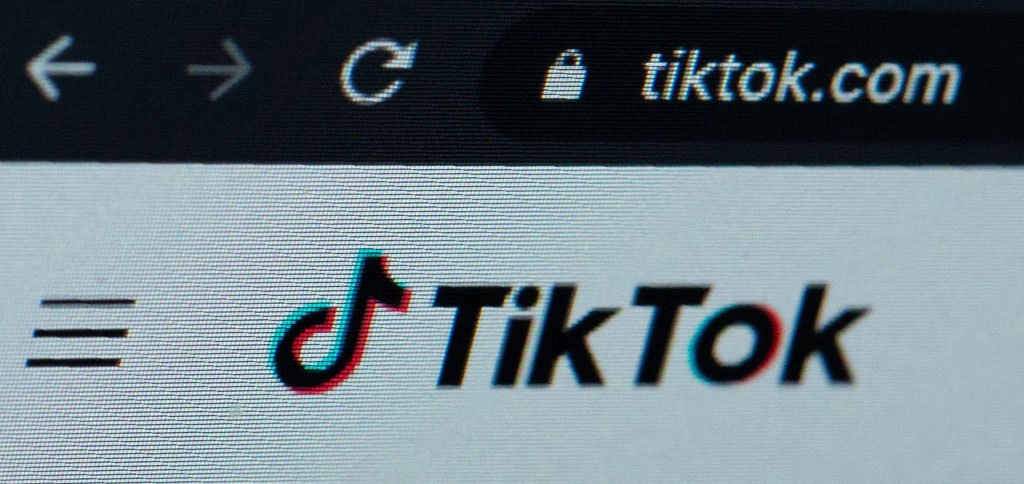TikTok is one of the most popular social media apps in the world, with over 1 billion active users. It allows people to create and share short videos with music, filters and effects. It is especially popular among young people who use it for entertainment, education and socialising.
But do you know who owns TikTok? And do you know what implications that has for your privacy, security and freedom of expression?
The Cayman Islands is where ByteDance, the parent company of TikTok, has its legal incorporation. ByteDance and TikTok have offices in China, where they are based, but they are not owned by the Chinese government or the Communist party. They both claim to operate independently of the state
However, this does not mean that TikTok is free from Chinese influence or interference. In fact, there are several reasons why we should be concerned about TikTok’s Chinese ownership.
Firstly, China has a notorious record of censoring and manipulating online content that it deems politically sensitive or harmful to its national interests. This means that TikTok could be pressured or coerced by the Chinese authorities to remove or promote certain videos or users on its platform. For example, there have been reports of TikTok censoring content related to Hong Kong protests Uighur Muslims Tibetan independence and other human rights issues.
Secondly, China has a sophisticated system of surveillance and data collection that it uses to monitor and control its own citizens as well as foreign entities. This means that TikTok could be compelled or hacked by the Chinese government to hand over or leak user data such as personal information location history contacts list etc. This could pose a severe threat to your privacy and security if you are a dissident activist journalist etc.
Thirdly, China has a strategic ambition to dominate the global digital economy and influence public opinion around the world. This means that TikTok could be used by the Chinese government as a tool for propaganda, cultural influence, and soft power tactics. For example, there have been allegations of TikTok promoting pro-China videos while suppressing anti-China ones on topics such as Covid-19 Taiwan India and other sensitive topics.
These are some of the reasons why we should not ignore TikTok’s Chinese ownership. While TikTok may seem like a harmless fun app for making silly videos, it could also be a Trojan horse for advancing China’s agenda at our expense.
Therefore, I urge you to be more aware and cautious when using TikTok or any other app that has ties with China. Do not blindly trust what you see, hear or read on these platforms. Do some research to verify sources, question motives, etc.
And if you can avoid using these apps altogether, then do so. There are plenty of alternatives out there that are more transparent, accountable and respectful of your rights.
But how widespread is TikTok in Ireland and UK? And how are their governments responding to this issue?
According to Statista.com, Ireland had 1 million monthly active users on TikTok as of January 2023 while the UK had 21 million monthly active users on TikTok as of December 2022 which means that TikTok has a significant presence and influence in both countries. However, both the Irish and British governments have taken some steps to address the potential risks of TikTok’s Chinese ownership.
In August 2020 the US government issued an executive order to ban ByteDance from owning Musical.ly a video-sharing app that it acquired in 2017 for a reported price of between $800 million and $1 billion. This acquisition raised concerns about ByteDance’s access to Musical.ly’s user data and content. In response, ByteDance agreed to sell Musical.ly, later rebranded as TikTok to Oracle and Walmart, two big US companies. However, this deal has not been finalised yet and is still subject to legal and regulatory challenges
In September 2020 the UK government launched an investigation into ByteDance’s acquisition of Musical.ly on national security grounds. The government also asked ByteDance to relocate its headquarters from Beijing to London as a condition for allowing it to operate in the UK. However, this relocation has not been confirmed yet and is still subject to negotiations between ByteDance and the UK authorities.
In February 2023 Ireland’s Data Protection Commission (DPC) announced an inquiry into TikTok’s handling of children’s personal data and its transfers of data to China. Also, the DPC is investigating TikTok’s use of age verification measures and parental controls in order to see whether they are fit for purpose. Alas, efforts being made in Ireland and the UK may not be enough to prevent China from exploiting this very popular app for its own nefarious purposes. Finally, Chinese ownership of technology that is used in the West should never be underestimated


